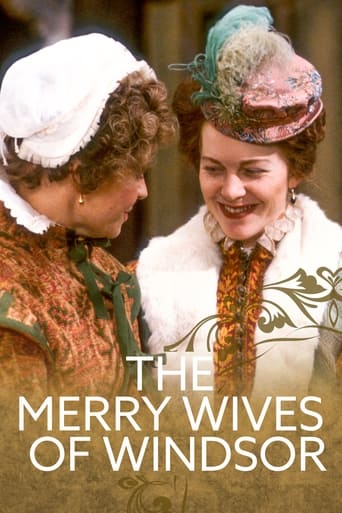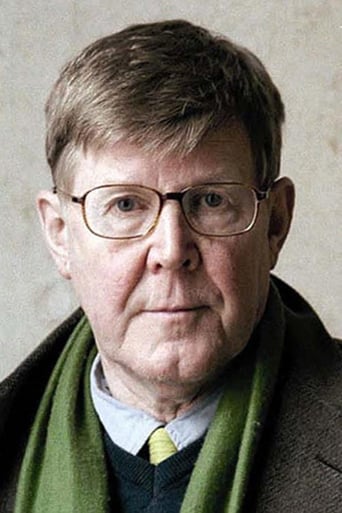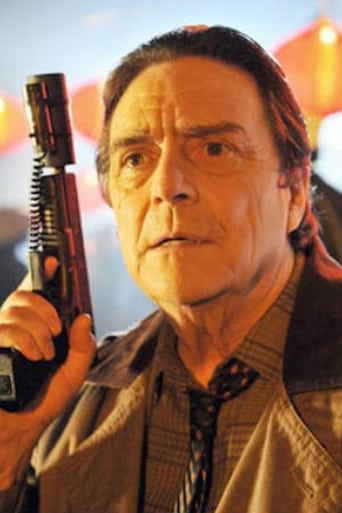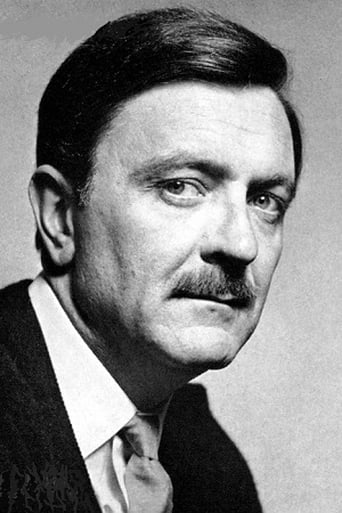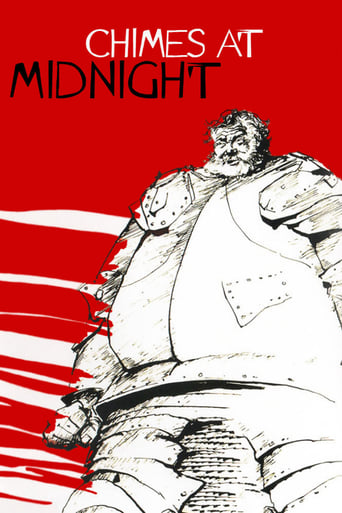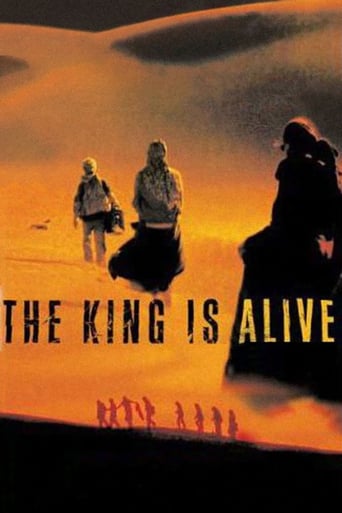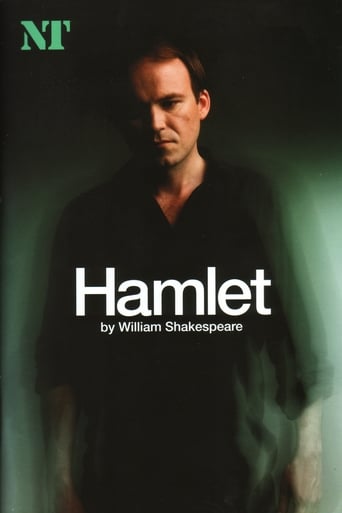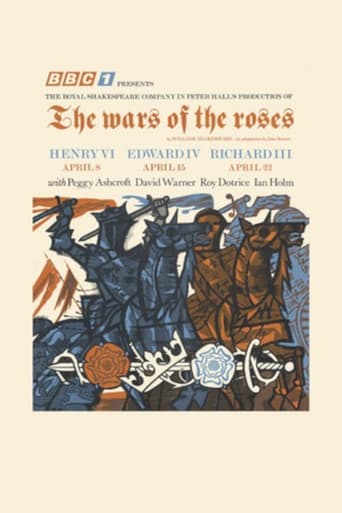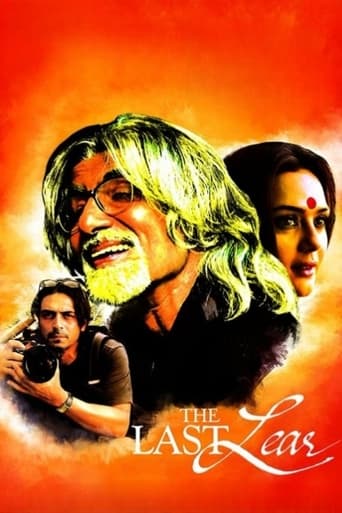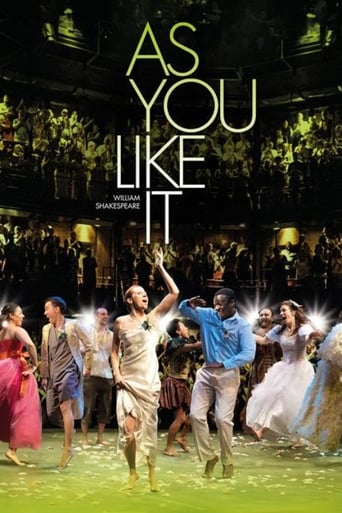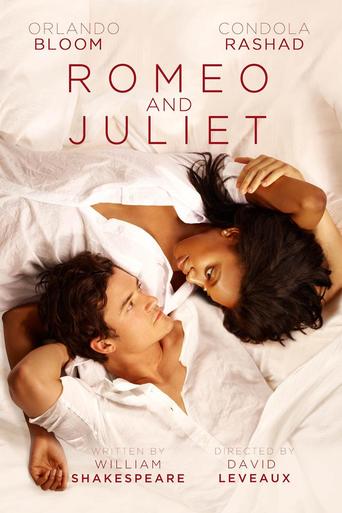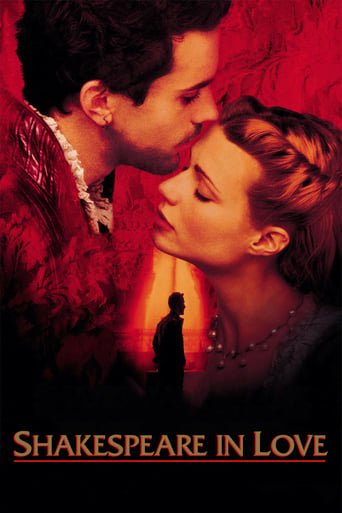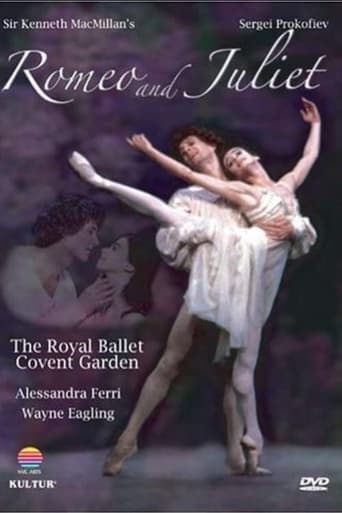The Merry Wives of Windsor (1982)
When Sir John Falstaff decides that he wants to have a little fun he writes two letters to a pair of Window wives: Mistress Ford and Mistress Page. When they put their heads together and compare missives, they plan a practical joke or two to teach the knight a lesson. But Mistress Ford's husband is a very jealous man and is pumping Falstaff for information of the affair. Meanwhile the Pages' daughter Anne is beseiged by suitors.
Watch Trailer
Cast


Similar titles
Reviews
Very best movie i ever watch
Strong and Moving!
Fresh and Exciting
Excellent, Without a doubt!!
This play is a play of pure disorder that ends up in farcical comedy. So everything is dominated by three, the number of disorder. Three women are the mistresses of ceremonies and antics: Mistress Page, married to Mister Page, Mistress Ford, married to Mister Ford, and Mistress Quickly, Servant to Doctor Caius. The Pages have apparently one daughter they want to marry but three men are courting: Doctor Caius, a French physician, Slender and Fenton. The daughter, Anne Page, has chosen the last one and the others are promoted by her parents. Two young boys will be essential, probably the sons of Mister and Mistress Page since they are heavily identified as pages at the end, though this identification is ambiguous.We must add Sir John Falstaff, and his three followers, Bardolph, Pistol and Nym. The page attached to him is probably one of the two Page sons.The three Mistresses are associated to teach a merry lesson to their husbands and men who are jealous as for the husbands and vainly superior as for the Doctor. At the same time the gentlemen in the assembly want justice, in fact a good vengeance, from Falstaff who is dragging them into inebriety for his acolytes to rob them, to pick their pockets. What's more he pretends he will, not can but will, sleep with all the mature women around, hence he has three preys, though he is more interested in the two married ones.The play ends with a fake fairy apparition and dance, led by Mistress Quickly and all the children of the neighborhood, all in fairy disguises at night. It works very well as for Falstaff who is totally ridiculed in his projects concerning the wives. At the same time the two husbands are taught some modesty and reserve about the freedom of their wives and the trust they owe them. Falstaff will laugh at his being defeated in the merriest way possible. And the two husbands will also come to terms with their wives in a final celebration.The most hectic element is of course the case of Anne Page. The two official candidates are given contradictory instruction as for the disguise of the girl during the fairy dance. Slender is supposed to pick the girl in white and Doctor Caius the girl in green. They do that but Slender discovered luckily in time that the girl is a page, hence a boy. That marriage fails. Doctor Caius is less lucky than Slender because he marries his green girl who reveals herself to be a boy, another page, but after the ceremony has been performed. A strange situation indeed.And it is when Anne Page appears with her husband, Fenton, duly married. We end up with two marriages, one totally out of sorts, and the other one correct, and two married couples of parents. The figure of four is perverted by that homosexual marriage, the supreme disturbance since it could mean in England being literally grilled on a public square. Luckily the man of the couple is French, hence he only risks being deep fried in a giant frying pan. Of course we are on a Shakespearean stage where all women are played by teenagers. So it is just a twist in the fabric that means nothing, but that must have created a lot of laughing. This trick will be heavily used by Ben Jonson in his "The Silent Woman" This production uses very aptly the inside of a home of the time, with at least two floors and an attic, numerous exits and numerous cupboards to hide in. It also vastly uses the countryside around the house. That gives the play a rhythm and a force that this plain farce deserves due to the serious subjects it deals with: the trust of husbands to their wives and the freedom for young people to marry according to their hearts and not their parents' wishes.Dr Jacques COULARDEAU
David Hugh Jones directed one other play for this series, the protracted, dull betrayal of "Pericles: Prince of Tyre." One can only conclude he has no sense of pulse, for this performance too is endless. Comedies are like sharks. If they don't keep moving forward, they die.Some actors maintain their footing anyway. The women are good across the board. Judy Davis is a surprise as Mistress Ford - she's not the first actress that comes to mind when it comes to soufflés. Prunella Scales and Elisabeth Spriggs are particularly strong.Richard Griffiths keeps promising to break loose as Falstaff but never does. He's cut all the nonsense, but there's not enough left without it. You finally wonder if he's ambivalent about playing the part at all. Michael Bryant, murderously ice-cold as Ratchkovsky in "Fall of Eagles," is here brilliantly funny as Dr. Caius. Most of the rest of the male cast are good in their parts as well.A special exception must be made for Ben Kingsley. As Ford, he is weak, thin-voiced and neurotic, and when Ford masquerades as Brook, it's "Katy Bar the Door." The actor descends into an orgy of squeaks, gurgles, twitches and eye-rolling that give us a solid idea of what Jerry Lewis would have looked like in Elizabethan times. Or perhaps Dennis Weaver's baroque turn in Orson Welles's "Touch of Evil" done in iambic pentameter. A stronger director would have stepped hard on Mr. Kingsley's shenanigans and guided this misguided missile to a safer landing.A lovely set by Don Homfrey is a valentine to the lost art of TV studio design. There is ample opportunity here for the eye to roam happily over the scenery while waiting for something to happen with the actors.
This delightful production, crammed with good things like a Christmas pudding, was originally presented at Christmas time - and what a treat! The sets evoke Shakespeare's Stratford, and the comedy is the nearest we'll get to how life was lived in the reign of Good Queen Bess. Richard Griffiths is perfect as Falstaff, rueful and gullible compared with his prime in 'Henry IV' but still thoroughly endearing. Prunella Scales and Judy Davis (then only 27) enchant as the merry wives and Ben Kingsley, though OTT, is very funny as the jealous Ford. Michael Bryant is a choice Dr Caius, Tenniel Evans a likeably Welsh Sir Hugh, and among a splendid supporting cast I must mention Alan Bennett as Justice Shallow - not least because I played the part myself in Paris once upon a time. Of course the word-play is challenging, and Falstaff's treatment is rather cruel, but the Bard ensures that at the end the fat knight is not totally discomfited, and the show ends with a glow!
I usually love BBC productions, but this one is utterly misguided and makes one of Shakespeare's comedies seem a tedious bore.It's too bad. A good cast of some of Britain's finest actors are driven into the ground by pedestrian direction, unatmospheric sets, and a general approach of reverence that is numbing to say the least. No one is having any fun!I gave in after the second act!Perhaps someday, an inventive director will give the play and story it's due!

